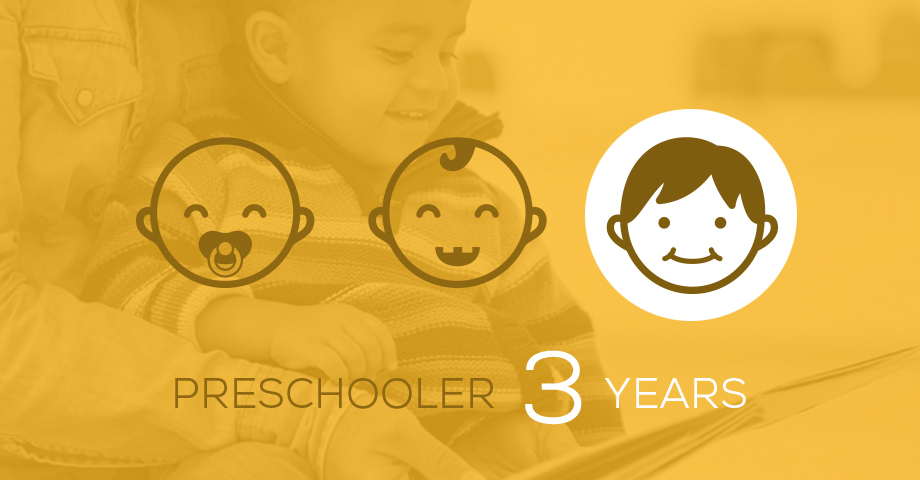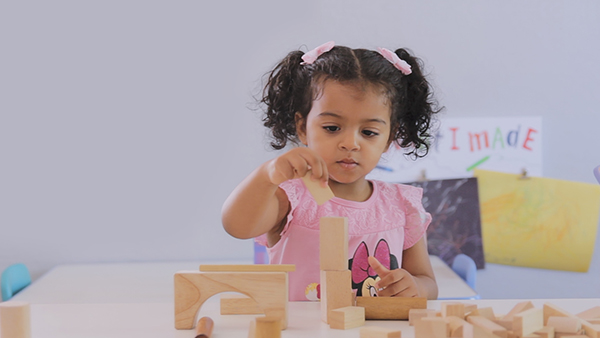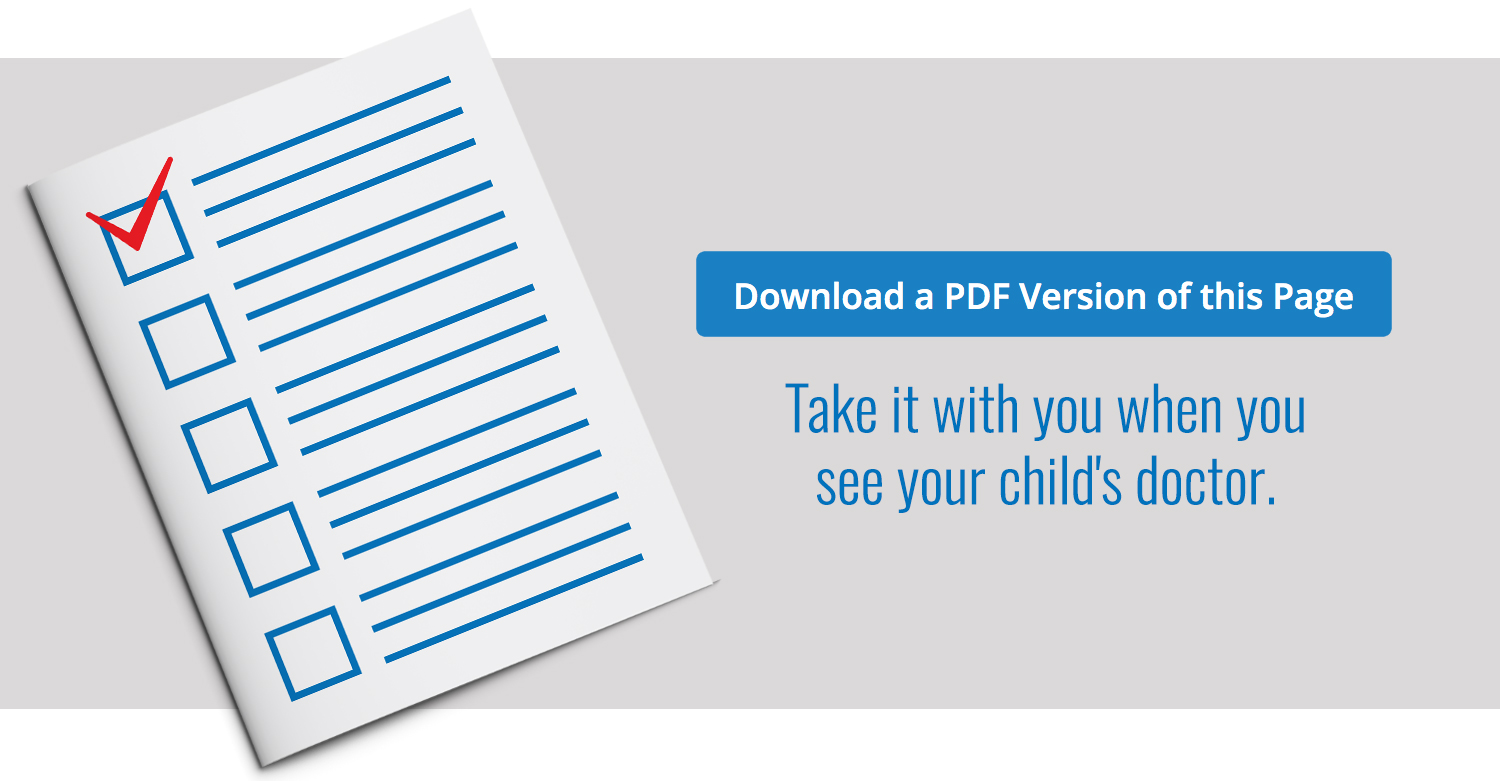
How your child plays, learns, speaks, acts and moves offers important clues about your child’s development. Developmental milestones are the things most children (75% or more) can do by a certain age.
Check the milestones your child has reached by age 3, and talk with your child’s doctor at every visit about the milestones your child has reached and what to expect next.

What Most Children Do at This Age:
Social / Emotional
- Calms down within 10 minutes after you leave her, like at a childcare drop off
- Notices other children and joins them to play
Language / Communication
- Talks with you in conversation using at least two back-and-forth exchanges
- Asks “who,” “what,” “where,” or “why” questions, like “Where is mommy/daddy?”
- Says what action is happening in a picture or book when asked, like “running,” “eating,” or “playing”
- Says first name, when asked
- Talks well enough for others to understand, most of the time
Cognitive (learning, thinking, problem-solving)
- Draws a circle, when you show him how
- Avoids touching hot objects, like a stove, when you warn her
Movement / Physical Development
- Strings items together, like large beads or macaroni
- Puts on some clothes by himself, like loose pants or a jacket
- Uses a fork
3 Year Visit: Independence & Imagination
The Sparks videos are designed to deliver important information on behavior, development, nutrition, safety, and common medical questions. To get more videos like this, text SPARKS to 1-844-650-1210 or visit www.sparksvideoseries.com to learn more.
The Sparks Parent Video Series was created by The Mount Sinai Parenting Center in collaboration with Zero to Three and the Brazelton Touchpoints Center with the help of experts across the country.
Other Important Things to Share with the Doctor |
||
|
||
Concerned about your child’s development?
You know your child best. Don’t wait. If your child is not meeting one or more milestones, has lost skills he or she once had, or you have other concerns, act early. Talk with your child’s doctor, share your concerns, and ask about developmental screening.
If you or the doctor are still concerned:
- Ask for a referral to a specialist who can evaluate your child more; and
- Call your state or territory’s early intervention program to find out if your child can get services to help. Learn more and find the number at cdc.gov/FindEI.
For more on how to help your child, visit cdc.gov/Concerned.
Help Your Child Learn and Grow.
Content provided by the Centers for Disease Control and Prevention’s “Learn the Signs. Act Early.” material and are not a substitute for a standardized, validated developmental screening tool.



